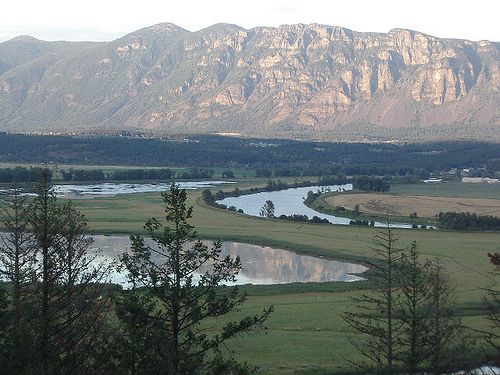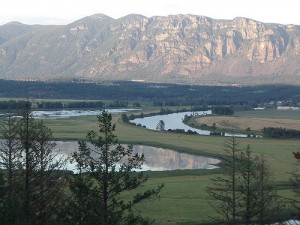
Are US Cities Prepared for Climate Change?
 The US is lagging behind globally in climate change adaptation, both in number of cities considering climate change in their development plans and the extent to which they are preparing. Despite this finding, there are many US cities that are leading the trend in preparing for the potential hazards of a changing climate.
The US is lagging behind globally in climate change adaptation, both in number of cities considering climate change in their development plans and the extent to which they are preparing. Despite this finding, there are many US cities that are leading the trend in preparing for the potential hazards of a changing climate.
In a recent USA Today article, the public works director of Coronado, California, Scott Huth, noted that adapting to climate change is not about politics, whether liberal or conservative. Instead, he said, “it’s simply about taking seriously our duty to make sure that we’re informed for things that might potentially happen.” Leaders in many vulnerable cities are not wasting time on politics while the already apparent impacts of climate change worsen. They are preparing for the future changes in their cities that may affect all aspects of society.
In the West, where recent wildfires like the one in Colorado have ravaged the region, cities like Tuscon, Flagstaff and Salt Lake City are leading the country in climate change adaptation. The University of Arizona at Tucson hosted the 2nd International Conference on Climate Adaptation two weeks ago where representatives from these three cities discussed what they are doing individually to prepare and how they can work together in the future. These cities initiated the Western Adaptation Alliance in 2010 and have been joined by Aspen, Boulder County, Denver, For Collins, Las Vegas, Phoenix and Park City. This alliance allows cities to discuss common threats and to build capacities in terms of responses to disasters such as wildfires. Colorado houses 6 military bases, all of which border national forests. With wildfires becoming a larger issue as rainfall decreases and temperatures increase, military bases may be threatened by impending fires. Groups like the Western Adaptation Alliance will allow for better efficacy in preparing for a responding to these issues.
In other parts of the country, New York and Chicago are also moving past the Congressional debate about the scientific claims of climate change and are leading the way for climate change adaptation. As extreme weather intensifies, these cities must be prepared for the potential floods associated with extreme rain events and New York must prepare for flooding associated with hurricanes. These preparations include elevating pumps at wastewater treatment plants and replacing concrete sidewalks with permeable materials to better soak up rain water. New York City has a Panel on Climate Change which has been working on a risk management response to climate change. Part of this response includes planting a million trees and investing in a $1.5 billion 20-year plan for green infrastructure to handle storm-water runoff.
Other cities such as San Francisco and Seattle are also planning for a warming climate, with San Francisco requiring new projects to account for the projected sea-level rise and Seattle developing tools to take climate variability into account for new building projects.
Despite ranking last in global climate change adaptation, the progress US cities are making must not be overlooked. These cities are moving past the political deadlock in Congress and are working towards preparing their own cities to adapt to the anticipated conditions of the future.






[…] The US is lagging behind globally in climate change adaptation, both in number of cities considering climate change in their development plans and the extent to which they are preparing. […]